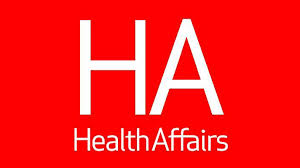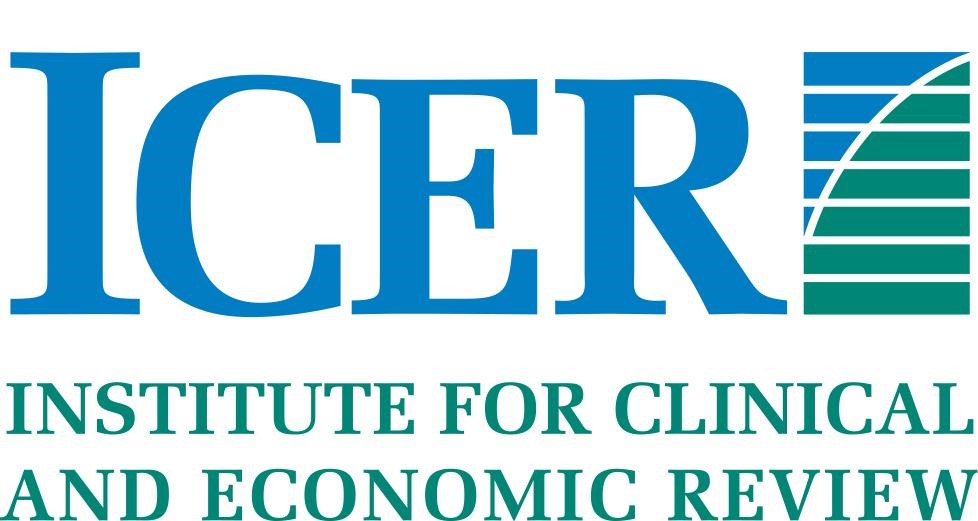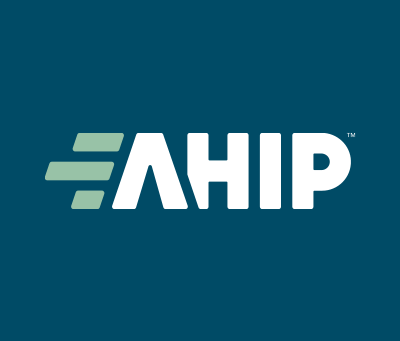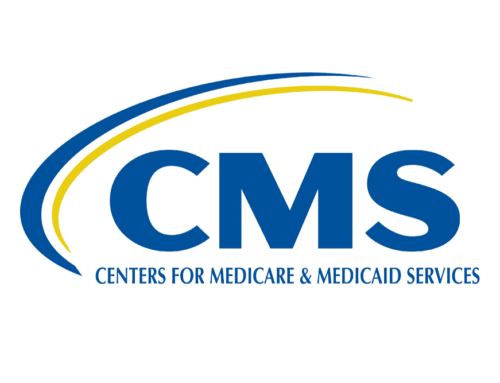CENTER UPDATE | May 2023
In this Issue:
- Clinical Implications of The Braidwood Ruling: Use of Pre-ACA Task Force Recommendations
- Webinar: Covering the Lawsuit That Could Limit Free Preventive Care
- Fact Sheet: Braidwood v. Becerra Case on Preventive Services
- Over 1 in 5 Skip Health Care Due to Transportation Barriers
- Advancing Health Technology Assessment Methods that Support Health Equity
- New AHIP Resource Highlights the Importance of Weeding Out Low-Value Care
- One in Five Surveyed Would Skip Costly Follow-Up Breast Cancer Screening


Clinical Implications of The Braidwood Ruling: Use of Pre-ACA Task Force Recommendations
New Health Affairs Forefront article states that dramatic changes in coverage would result for current USPSTF A or B graded preventive services if the courts uphold the Braidwood ruling requirement that no-cost coverage be provided only for USPSTF A or B recommendations made prior to March 2010. Changes include the following:
- One-third of the current 46 fully covered services received the A/B grade after 2010, potentially disqualifying them for no cost coverage.
- A majority of recommendations receiving an A or B grade prior to ACA passage were substantially revised after March 2010, potentially leading to full coverage of services that are insufficient, obsolete, or even harmful, according to the most up-to-date scientific evidence.
- All future preventive services that receive a grade A or B from the Task Force may not be covered without cost-sharing.
Recent surveys suggest that the restoration of out-of-pocket costs would catalyze significant concerns regarding access to, and use of, essential preventive care. Additionally, the burden of out-of-pocket costs will likely disproportionately prevent disadvantaged populations, including those most likely to benefit from receiving necessary preventive services. Find a summary table of clinical implications here.

Webinar: Covering the Lawsuit That Could Limit Free Preventive Care
On Wednesday, May 10, the Association of Health Care Journalists will be hosting a free webinar on the implications of the Braidwood v. Becerra ruling. Speakers will discuss how the ruling could limit or restrict the government’s ability to require health insurers and employers to cover evidence-based preventive services without cost-sharing.

Fact Sheet: Braidwood v. Becerra Case on Preventive Services
62% of Americans support the zero-cost-sharing guarantee for preventive services, and with the ruling currently being appealed, the future of free preventive care will likely be decided by the Supreme Court. This CAP Fact Sheet provides updated information about the scope of the ruling as insurers and government officials respond. Currently, 14 states and the District of Columbia have enacted into law preventive service protection provisions for plans that offer coverage in the individual market.


Over 1 in 5 Skip Health Care Due to Transportation Barriers
Findings from a new Urban Institute study show that 21% of adults without access to a vehicle or public transit went without needed medical care last year. Significantly, researchers found that transportation barriers to health care serve as a key social drive of health equity, as these barriers disproportionately affect Black and Hispanic/Latinx adults and those with low incomes, disabilities, and public health insurance. Read more.

ICER White Paper Recommends Health Technology Assessment Strategies to Improve Care Equity
A new white paper published by the Institute for Clinical and Economic Review established a series of recommendations and guidelines for health technology assessment (HTA) that aim to improve health equity in the United States. Read more or access the public webinar here.


New Resource Highlights the Importance of Weeding Out Low-Value Care
New AHIP infographic includes findings from several independent studies to show that low-value care still accounts for an estimated $75.7B to $101.2B in costs annually. This resource highlights the top 5 low-value clinical services, health provider strategies to reduce low-value care, and concludes that savings from reducing low-value care can free up resources to target high-value care and address social determinants of health. Read more.


One in Five Surveyed Would Skip Costly Follow-Up Breast Cancer Care
Radiology study finds that more than 20% of surveyed patients say they would forego follow-up tests after an abnormal mammogram if they had to pay a deductible. Expert researchers agree that health costs of cancer screenings – and the risks and disparities they fuel – need to be addressed at a policy level. Read more here.

A recording of the 2023 V-BID Summit is now available. Click on the button below to hear discussions around accelerating health equity, implications of overturning the ACA preventive care mandate, opportunities and challenges of reducing low-value care, and advances in policies to enhance affordability and reduce medical debt.
Please Help Support the V-BID Center
As we near the end of 2022, we recognize our accomplishments over the past year and look ahead to all we can achieve at the University of Michigan Center for Value-Based Insurance Design. Generosity from collaborators and friends like you allows us to remain focused on equity enhancing programs that improve access and affordability to essential clinical services
You will play an essential role in the future success of the V-BID Center by making a gift today. Thank you for your support.






